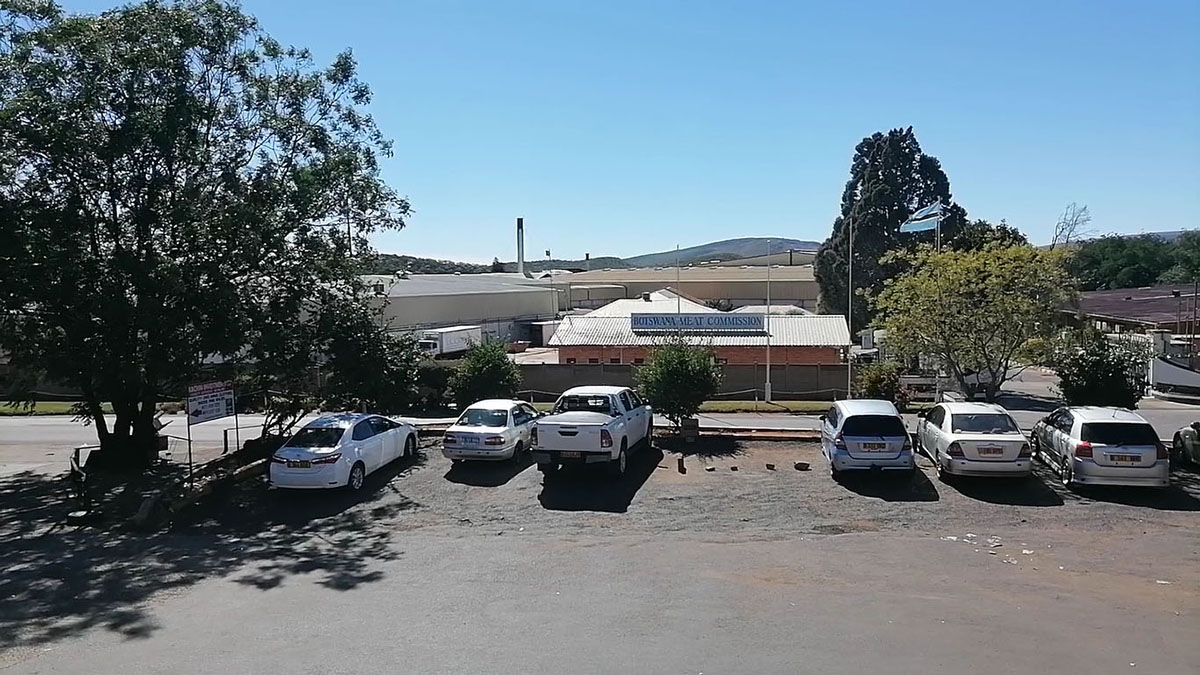Botswana government has resolved to stop the export of live cattle by end of December 2023.
This was confirmed this week by the Ministry of Agriculture in a public statement.
From July 1st to 28 September, farmers will each be allowed to export cattle twice a month and from October 01 to December 31st, the farmers will only be allowed to export once a month.
The statement does not speak on how many cattle a farmer can export in a batch. “The export of live cattle for slaughter will end on 31 December 2023.
The export of meat and meat products from licensed export facilities will continue until March 2024,” reads the statement in part.
However, farmers from the North West district will continue exporting their cattle until further notice.
The Ministry of Agriculture introduced the export of live cattle to neighbouring states as a measure to cushion the effects of a slow down in the slaughter rates during the restructuring of the meat industry in 2019.
So far close to 400,000 cattle have been exported, majority of them to South Africa.
The announcement comes amid processes having taken off to establish the Meat Industry Regulatory Authority which is expected to regulate all meat production in the country.
It also comes almost a month after the government imported 160 cattle of different breeds from the United States of America.
Meanwhile, Botswana Meat Commission has welcomed the decision saying it comes at a time when the abattoir is very competitive and able to pay farmers on time.
Chief Operations Officer, Brian Dioka, said the live cattle exports have always been a disadvantage for the farmers and the abattoir.
“BMC is an exporter of a great product, and the only product that is called Botswana Beef. We were negatively affected by the live cattle exports. BMC welcomes this decision by Cabinet because currently we are very competitive, attractive and incentivizing farmers and paying better in the SADC region,” he said.
He said farmers were selling their cattle at half their value at P3,000.00 or 4,000.00 and paid within three days whilst the BMC got the cattle for P8k a herd and paid in 14 days. Farmers did not want to wait for that long, he said.
He added that from the time the idea was introduced, the BMC experienced a drop in their operation capacity from 60 percent to 11 percent.
This affected the national abattoir since employees had to continue getting their salaries, electricity bills had to be paid, and delivery trucks had to continue transporting beef to the market and therefore operating costs far exceeded the sales.
Dioka said that another challenge was that local farmers only take their cattle to the slaughter between April and August, whilst the market needs meat from January to December.
He said the ban will fully benefit the nation.






